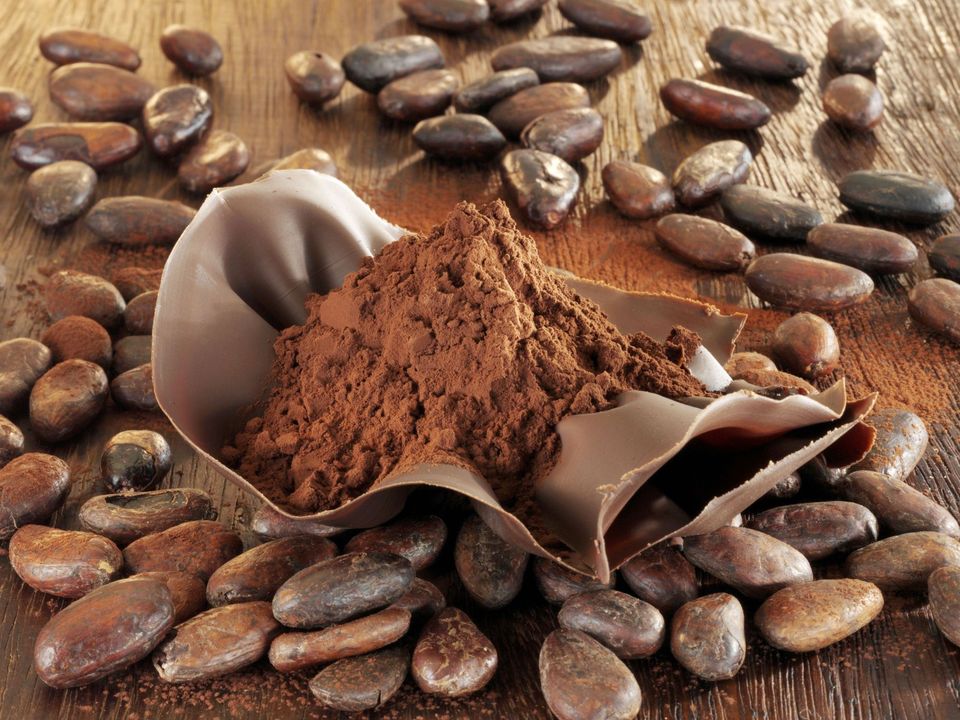Coffee: Is it good for you or is it bad for you?

I love coffee and see nothing wrong with a cup a day but I have also been through cycles of confusion about the true pros and cons! Do you remember the time when you hated the smell of coffee? Now when you walk past the coffee shop and get a whiff of freshly ground bean it is the best thing ever!
There is a big discussion of whether coffee is bad for you or if it is good for you! It’s a hard topic because it is so widely accepted and used in our society. It comes from a plant, so it is natural from the earth, but it is also processed. Coffee is like sugar… As always it’s everything in moderation and of course there are better quality products that will be cleaner. Have a look and let me know your thoughts in the comments section.
The pros
Anti-oxidants
Coffee contains a high dose of anti-oxidants. Anti-oxidants help to fight of disease causing free radicals! The average person who consumes a western diet typically receives more anti-oxidants from their cup of joe than your fruits and vegetables...combined!
Fat burning
The active stimulant in coffee, Caffeine can speed up your metabolism (your amount of calories burned) from 3-11%. Along with this, studies have shown that coffee does also supress your appetite.
Mood
Coffee is the most commonly used psychoactive drug in the world. The caffeine in your cup of joe stimulates the central nervous system (CNS) and increases the production of the feel good chemicals like serotonin, dopamine, and noradrenaline. These chemicals enhance your mood and can give a sense of euphoria.
Performance
Coffee is very popular with people who partake in sports due to performance enhancing effects of coffee. Consuming a cup of black coffee before your workout could improve your performance by 11-12%! The caffeine increases the amount the fight or flight hormone, adrenaline in your blood super charging your body into a ‘excited’ state preparing you for physical overload.
Reduce the risk of diseases
Some studies have a correlation between the reduced risk of diseases such as Parkinson and Alzheimer’s for someone who drinks coffee. The study shows a risk reduction between 30-60%. The caffeine is thought to be the effect of this as people who consumed decaf coffee did not have a reduction in their risk of these diseases.
The Cons
Stomach problems
There is a problem when you drink coffee on an empty stomach, for example, in the morning when you are in a rush for work. The acid needed for the digestion of food, hydrochloric acid is produced. This acid should only be produced when food is present in the stomach to be digested. Therefore, when this hydrochloric acid is produced it is wasted and when your body has to digest a large meal it may have difficulty producing enough. Causing issues such as stomach pain and bloating.
Highly Acidic
Coffee is a highly acidic substance. Your bodies pH is naturally slightly alkaline. When you ingest something highly acidic like coffee your body has to work hard to keep a balance.
Heartburn
Heartburn is causes by the relaxation of the lower oesophageal sphincter. This muscle should remain tightly closed to prevent acid from your stomach making its way back up and burning the delicate line of the oesophagus. The caffeine in coffee is known to relax this muscle.
Mineral absorption
A hard core coffee drinker could have a mineral deficiency even with a nutrient rich diet. Coffee is a mineral killer. It affects the absorption of iron in your gut and your kidneys ability to hold on to important minerals such as: calcium, zinc and magnesium…
Dangerous chemicals
When coffee beans are roasted at a high temperature. A substance called acrylamide is formed. Acrylamide is a potential carcinogenetic. Meaning it could cause cancer. In American diets coffee has been shown to be key sources of consuming this nasty chemical.







